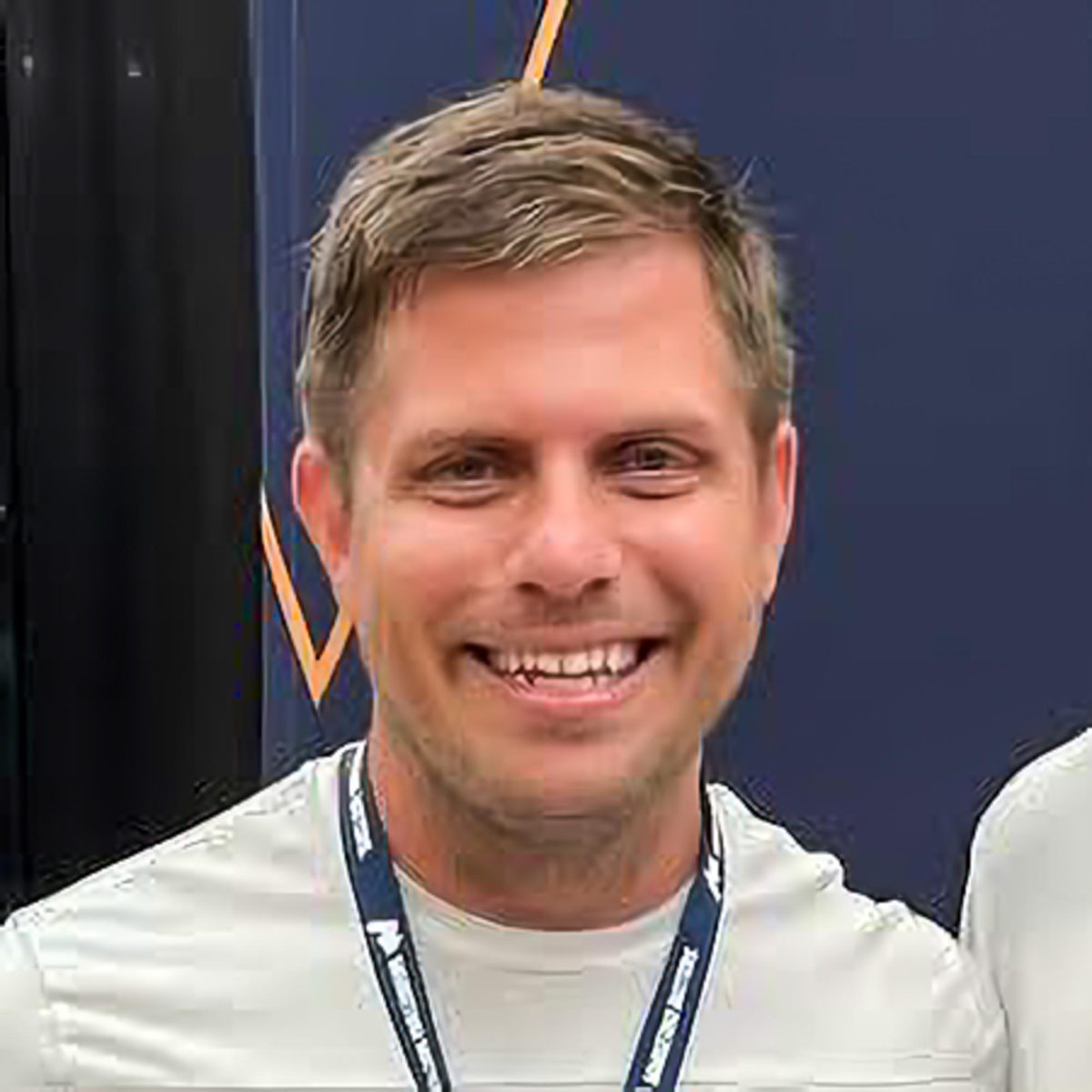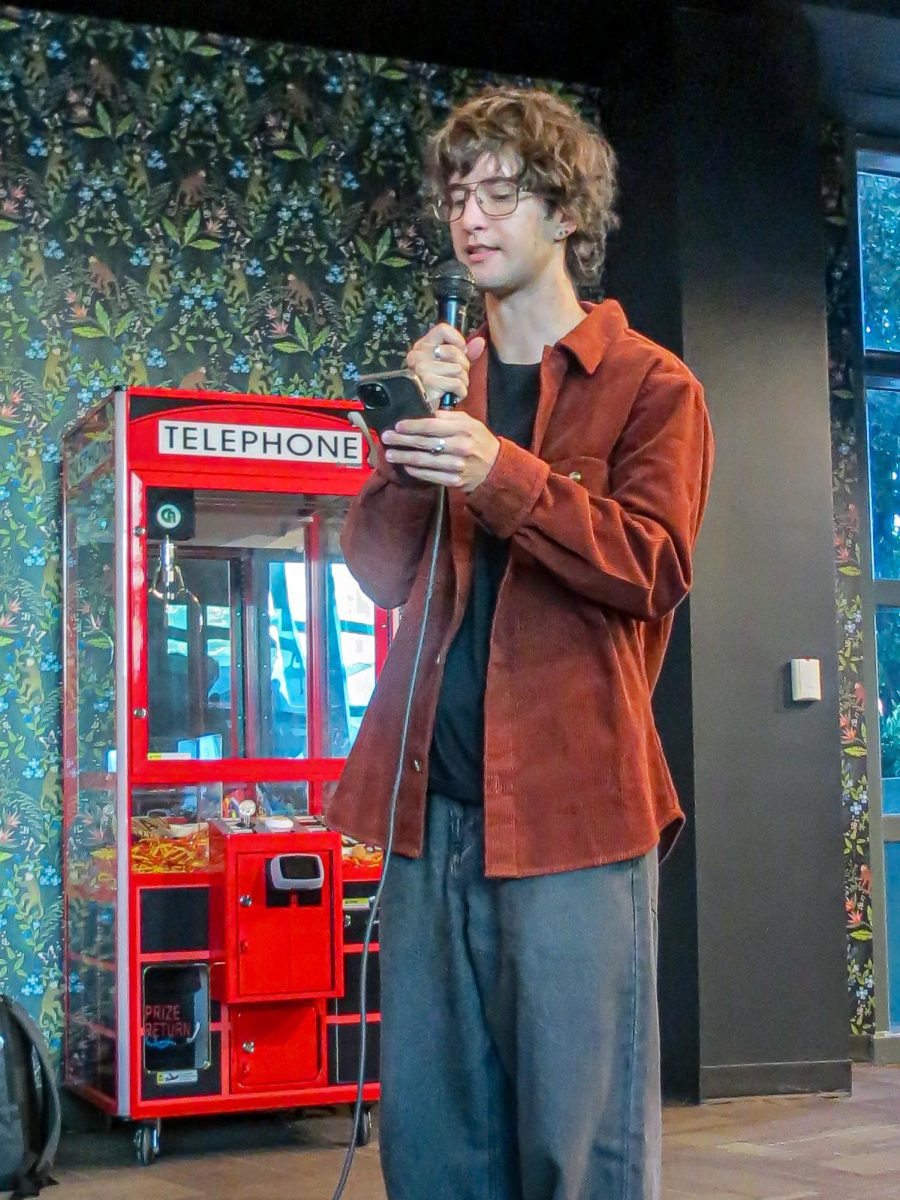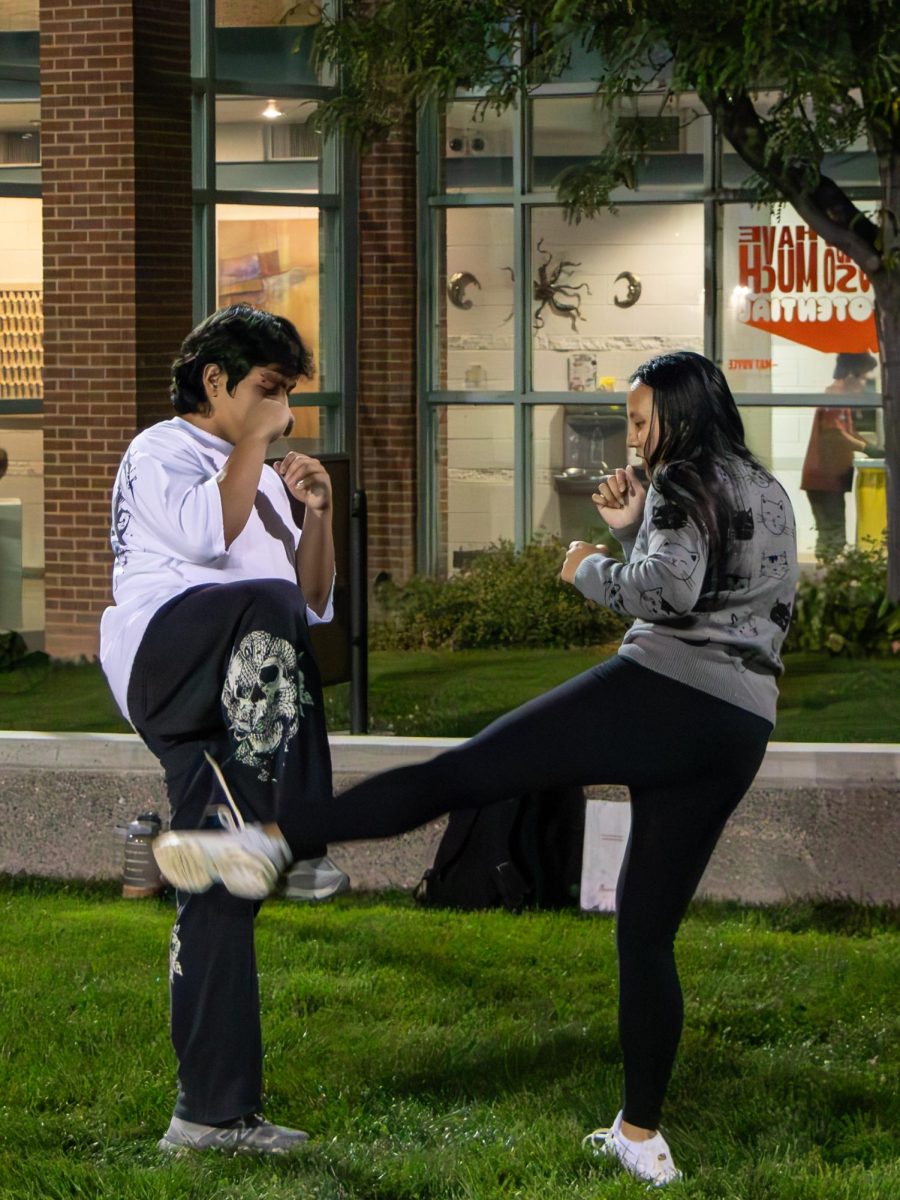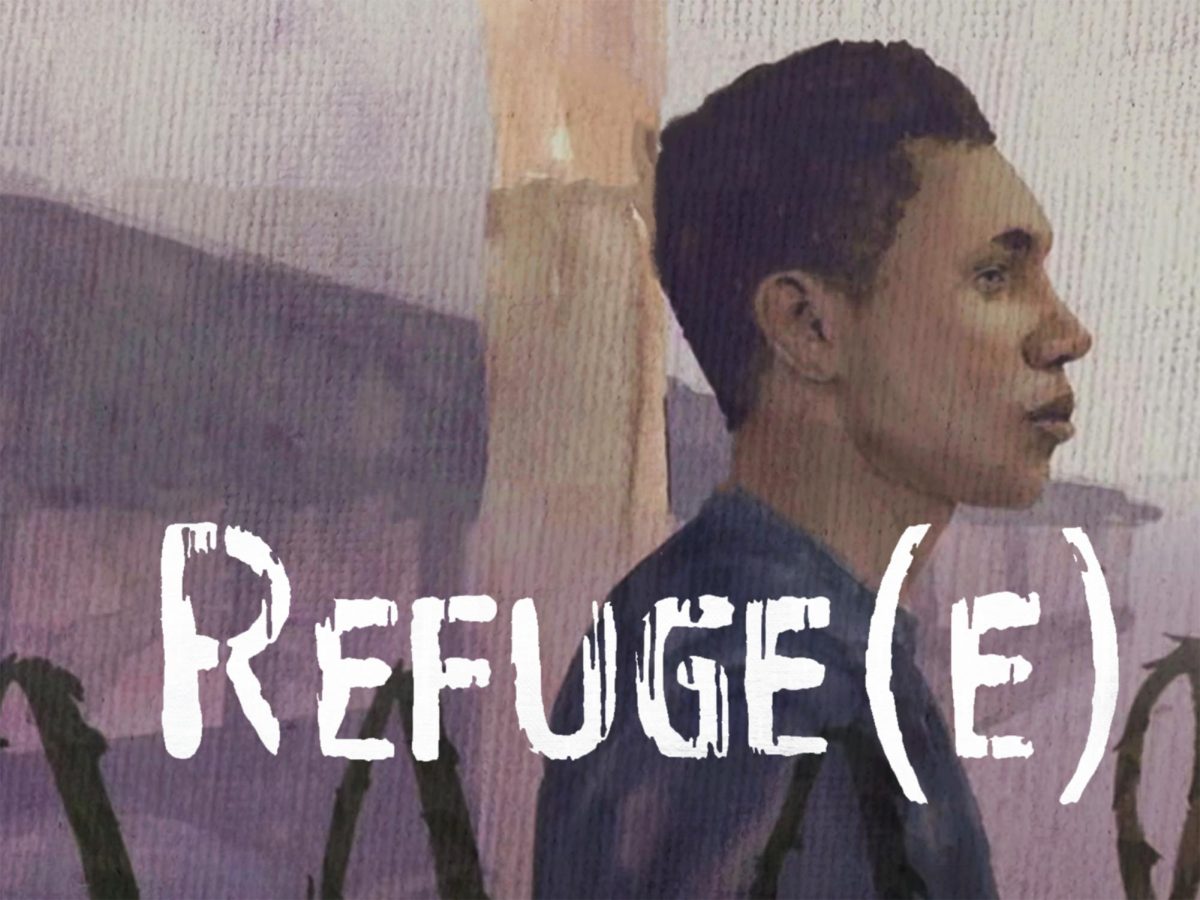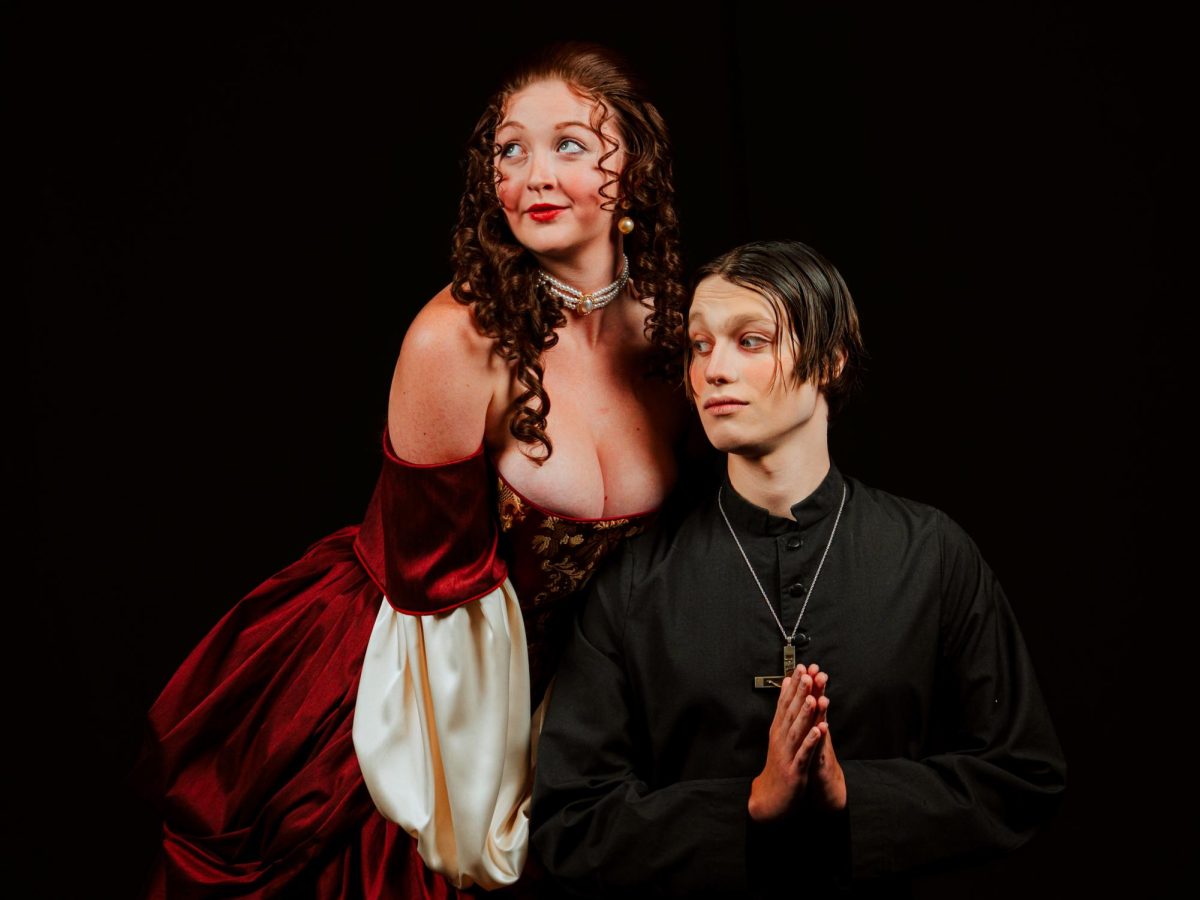Bailey Anderson, an activist, artist, scholar, and teacher, has been working with CMU to collaborate with students in the Department of Theatre Arts on a new dance work for their upcoming concert “Discovering Me: the Fall Dance Concert.” The concert will be shown in November alongside other works by faculty members in the department.
“For this work, we will be exploring the complexities of passing identities. I will be sharing my own research on invisible or less apparent disabilities and the complexities of passing with a disability in society and will invite students to bring their own perspectives to the work,” Anderson said. “Each day I will be teaching a few classes, and in the evenings I will be rehearsing with the students in the work.”
Anderson brings a lot of experience to the table in regards to dance. As a kid, she grew up “dancing and moving,” which would ultimately become her personal way of navigating the world.
“I view dance as embodied knowledge, and I learn and process best through movement,” Anderson said. However, she isn’t simply a dancer. She is also considered to be an activist, scholar, and teacher.
A lot of her work regarding scholarly research, teaching, and activism revolves around people with disabilities.
“Generally, I think of disability as broad, including physical, mental, emotional, and spiritual. For me, disability pride is vital to my existence and ability to find colleagues who see disability as part of identity and culture. It is also about bringing the plethora of academic theorization about disability to dance spaces, cultures, and choreographies.”
When asked which role (between activist, scholar, teacher, and dancer) was most important in her life, Anderson felt that each play an equal role in her work, especially in regards to disability studies.
“I see activism, artistry, teaching, and scholarly work as all intertwined parts of my life and work. Just as dance studies thinks critically about a body/mind split or implied division between body and mind; I think critically about the assumed ways we divide ourselves,” Anderson said.
It goes without saying that Bailey Anderson’s schedule is fairly limited, as she has so many titles that split her time. According to Anderson, her average day starts by waking up between six and seven in the morning where she proceeds to do a “series of movements” she’s come up with to “prepare for the day”.
She then spends a decent amount of time preparing for classes at Pennsylvania’s Ursinus College, where she’s a visiting professor. At Ursinus, she teaches typically teaches two classes, along with meetings, responding to emails, and discussing with students.
“I try to get studio time twice a week and often spend my weekends alternating between hiking, reading/listening and absorbing texts, making chicken stock, and writing,” Anderson says regarding how the rest of her time is generally split up.
Anderson as advice for CMU students as well. She suggests students find “[…] nuance and complexity in identity-based work. Examine fields of study such as madness studies, critical disability studies, affect studies, queer studies and explore the implications of those ideas in your life and your own areas of interest.”
Anderson visited CMU’s campus from Oct. 20 – 24.
“Remember your intention is different from your impact, that grades don’t indicate morality, and that you can be valued without producing anything. I am always happy to offer more resources or ideas if students want to reach out!”




